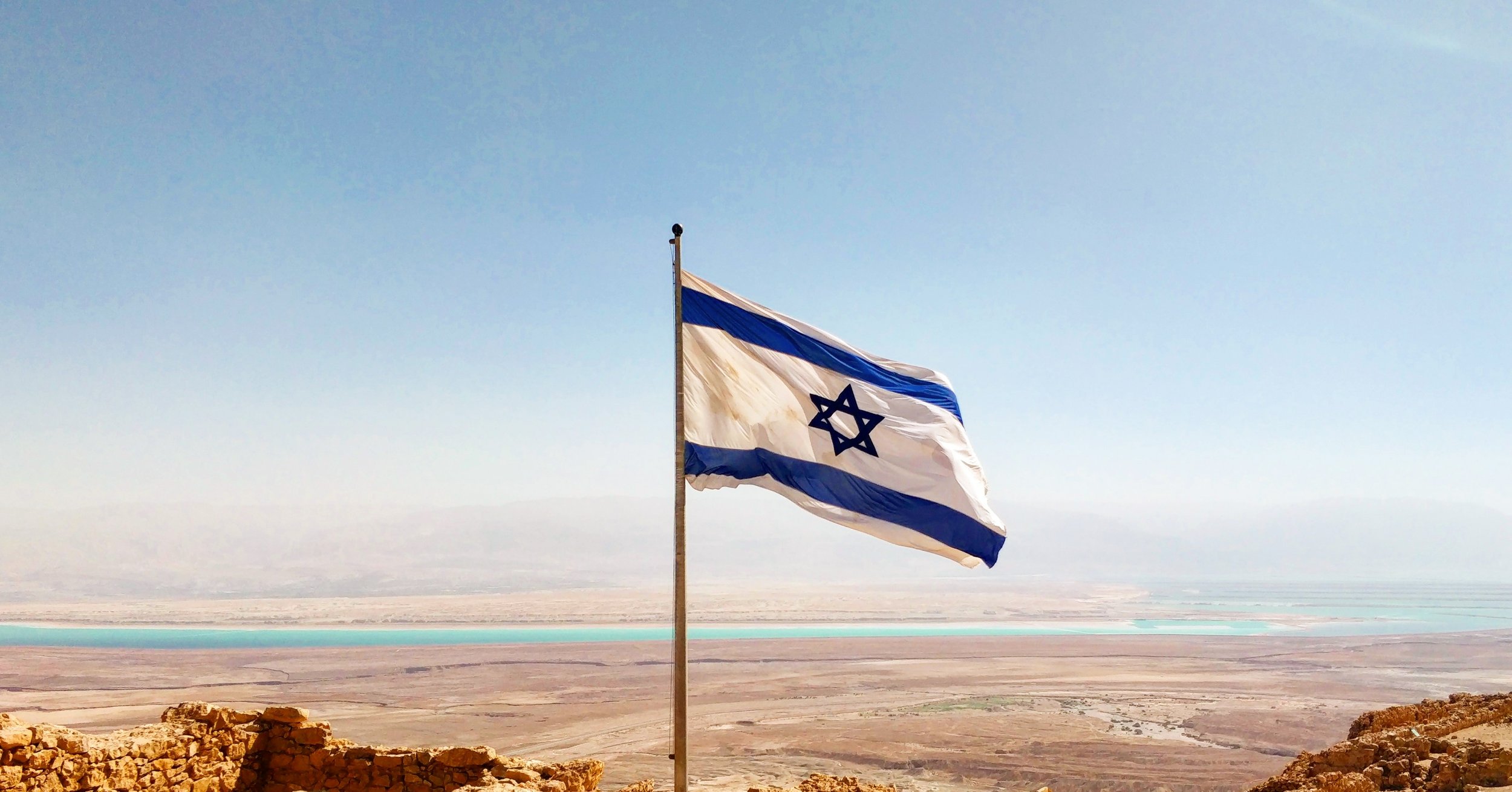The conception of modern Israel
Despite being under constant siege, today’s nation of Israel is home to an ancient Hebrew culture to which Judaism, Christianity and Western civilisation owe an incalculable debt, writes David Furse-Roberts.
This piece was first published in November 2017, ahead of the centenary of the Balfour Declaration that laid the foundations for the modern State of Israel.
Great moments in history are sometimes defined by a piece of paper, in this case, a letter penned from one man to another with a promise, and so it is that this November we commemorate the centenary of the Balfour Declaration. Written on 2 November 1917 and appearing in the press on 9 November that year, the Balfour Declaration was a public pledge by the British government announcing support for a Jewish homeland in what was the region of Palestine. Written by the British foreign secretary Arthur Balfour to an eminent member of London’s Jewish community, Lord Rothschild, the letter read:
His Majesty’s Government view with favour the establishment in Palestine of a national home for the Jewish people, and will use their best endeavours to facilitate the achievement of this object, it being clearly understood that nothing shall be done which may prejudice the civil and religious rights of existing non-Jewish communities in Palestine, or the rights and political status enjoyed by Jews in any other country.
Balfour then said to Rothschild, “I should be grateful if you would bring this declaration to the knowledge of the Zionist Federation.” After decades of agitation for the establishment of a Jewish homeland, the statement represented the first public expression of support for Zionism by a major power.
The watershed declaration represented the culmination of multiple historical developments. The first of these was early British support for a Jewish homeland in the region of Palestine led by Lord Palmerston at the beginning of the Victorian era. Influenced by the social reformer and Christian Zionist, Lord Shaftesbury, prime minister Palmerston had established a British consul in Jerusalem in 1838 and the British Foreign Office actively encouraged Jewish emigration to Palestine in the early 1840s.
The campaign by Christian Zionists in Britain for the “restoration of Israel”, meanwhile, was augmented by the revival of Jewish Zionism in continental Europe as a reaction to the anti-Semitism of nineteenth-century Romantic nationalism. One of the leading figures of this continental Zionist movement was the Austro-Hungarian Jewish journalist, Theodor Herzl, whose friendship with an Anglican minister, William Hechler, epitomised the shared Jewish-Christian aspiration for a restored Israel. In 1896, Herzl published Der Judenstaat which called for the re-establishment of a Jewish State as a solution to the long-term survival of his people. Indeed such was Herzl’s legacy that he became celebrated as a father of the State of Israel formed in 1948.
Whilst steeped in a rich history of advocacy for a Jewish homeland, the 1917 declaration by Lord Balfour initially bore little legal gravity; it was merely an expression of intent by the British government of the day. Following the events of World War I and the fall of the Ottoman Empire, however, much of the Declaration’s wording acquired force with its adoption by the British Mandate for Palestine. Birthed by the San Remo Conference of 1920, the Mandate held that the British were responsible for giving effect to the terms of the Balfour Declaration. Attracting allied support from the United States, the British Mandate was endorsed by Congress in 1922 by the Lodge-Fish Resolution.
To be sure, the impact of the Balfour declaration in the ensuing decades proved to be bitter-sweet. On the one hand, it was seen to perpetuate ongoing conflict between Arabs and Jews in the Middle East as both people groups disputed the application of its terms to long-contested territory. On the other hand, it laid the foundations for the modern State of Israel which would become not only a Jewish homeland but a beacon of freedom, democracy and the rule of law in a troubled region. Lauding the establishment of Israel in 1948, Australia’s Robert Menzies observed that “the civilised world saw in the establishment of Israel not only the providing of an independent home to many Jewish people but also a shining symbol of delivery from bondage and, I believe, of world repentance”.
In so far as Balfour represented the conception of what would come to be born as modern Israel, the anniversary of the Declaration is indeed worth celebrating. Despite being under constant siege, today’s nation of Israel is home to an ancient Hebrew culture to which Christianity and Western civilisation owes an incalculable debt. Welcoming Benjamin Netanyahu to Australia in February this year, Malcolm Turnbull spoke for many when he remarked that the nations of Australia and Israel share “the rich cultural heritage of the Bible” with “its stories and values a foundation for our history, our literature, our imagination”.
As a sanctuary for a people who have experienced centuries of violence, persecution and near extermination, Israel and its Jewish inhabitants bear testimony to a remarkable story of human endurance and what many would also see as providential faithfulness. So with the centenary of the Balfour Declaration, we can celebrate what it helped to accomplish for a people to whom we owe so much.
David Furse-Roberts is a Research Fellow at the Menzies Research Centre and author of God & Menzies: The Faith that shaped a Prime Minister and his Nation.

